Edward Snowden risked everything in 2013 to show the world what the NSA was doing behind closed doors.
People have forgotten too quickly.
Here’s what he revealed, why it matters, and why Snowden should be venerated—not vilified.
A thread 🧵
People have forgotten too quickly.
Here’s what he revealed, why it matters, and why Snowden should be venerated—not vilified.
A thread 🧵

PRISM was the crown jewel of NSA surveillance. It gave them direct access to data from the biggest tech companies—Google, Facebook, Apple, Microsoft, and more.
• Emails, chats, video calls, photos, files.
• Anything stored in the cloud.
Tech companies denied their involvement, but Snowden proved they were compliant. If you used these platforms, the NSA had a backdoor to your life.
PRISM didn’t just target “bad guys”—it swept up everyone, under the guise of national security. Your private conversations, your memories, your family photos—none of it was truly private.
• Emails, chats, video calls, photos, files.
• Anything stored in the cloud.
Tech companies denied their involvement, but Snowden proved they were compliant. If you used these platforms, the NSA had a backdoor to your life.
PRISM didn’t just target “bad guys”—it swept up everyone, under the guise of national security. Your private conversations, your memories, your family photos—none of it was truly private.

Snowden called XKeyscore “the closest thing to ‘collect it all’ ever conceived.”
It wasn’t some targeted surveillance program—it was total surveillance.
• NSA analysts could pull your browsing history, emails, chats, and even your search engine queries.
• All they needed was an IP address or email, and boom—your digital life was theirs. No warrants. No oversight.
To give you an idea of scope: one NSA training document said XKeyscore could track “nearly everything a user does on the internet.”
Snowden’s leak revealed that any low-level analyst could use XKeyscore to spy on anyone.
It wasn’t some targeted surveillance program—it was total surveillance.
• NSA analysts could pull your browsing history, emails, chats, and even your search engine queries.
• All they needed was an IP address or email, and boom—your digital life was theirs. No warrants. No oversight.
To give you an idea of scope: one NSA training document said XKeyscore could track “nearly everything a user does on the internet.”
Snowden’s leak revealed that any low-level analyst could use XKeyscore to spy on anyone.
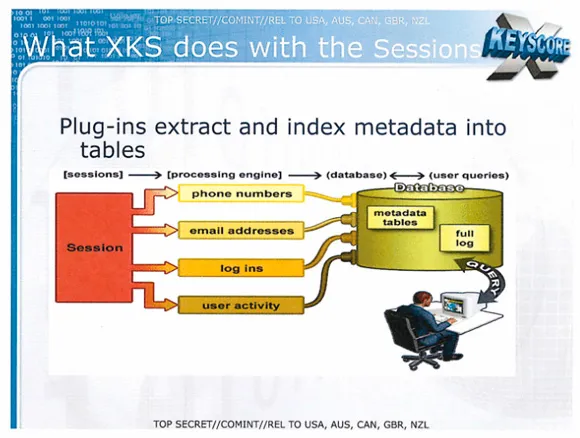
While PRISM tapped into user data with cooperation from tech companies, MUSCULAR bypassed them altogether. The NSA—working with the UK’s GCHQ—hacked directly into the private data centers of Google and Yahoo.
• They tapped the cables connecting these data centers and siphoned everything passing through—emails, photos, documents, and more.
• Encryption? The NSA broke it or intercepted data before it was encrypted.
To put it plainly: Google didn’t even know the NSA was in their systems. This was corporate betrayal of the highest order, and you were the collateral.
• They tapped the cables connecting these data centers and siphoned everything passing through—emails, photos, documents, and more.
• Encryption? The NSA broke it or intercepted data before it was encrypted.
To put it plainly: Google didn’t even know the NSA was in their systems. This was corporate betrayal of the highest order, and you were the collateral.
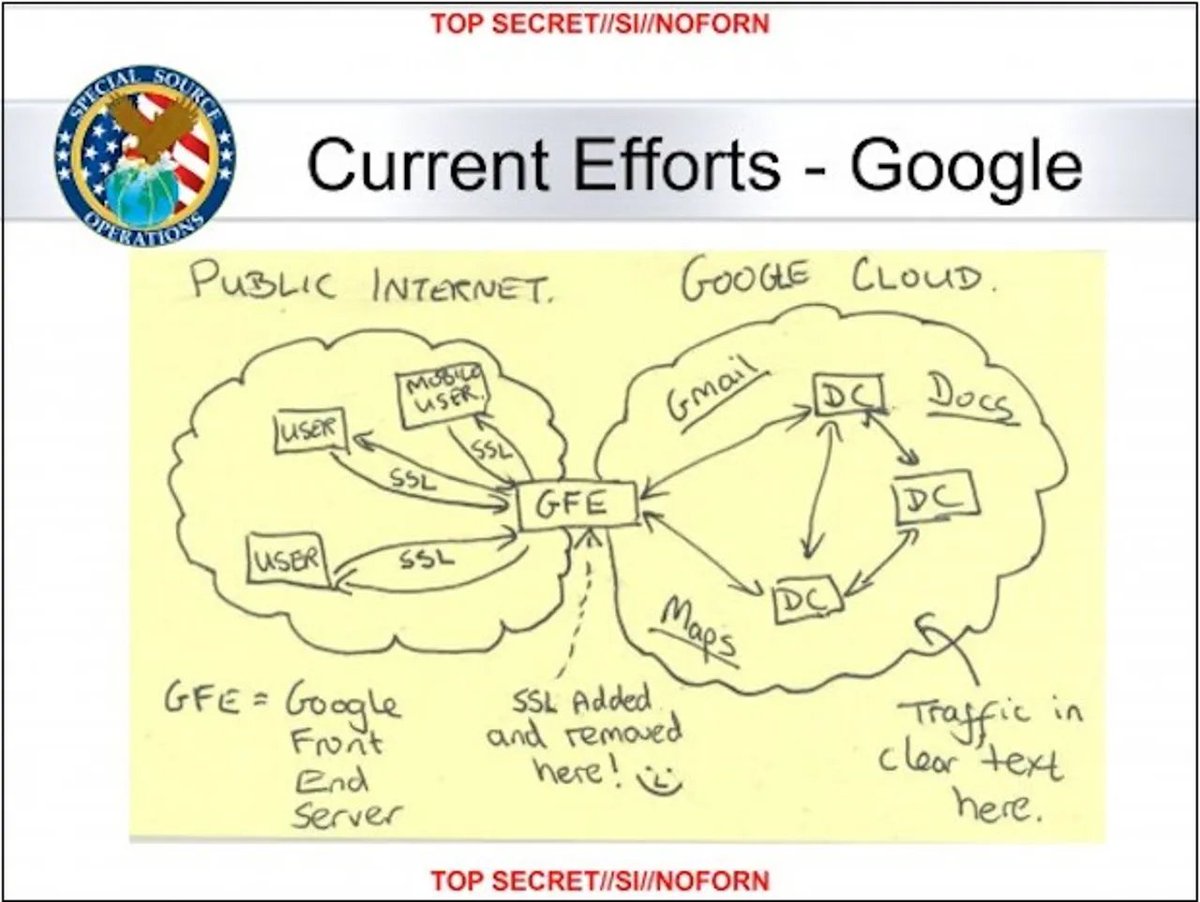
Snowden revealed that the NSA shared raw, unfiltered intelligence—including data on American citizens—with Israel.
• No safeguards.
• No oversight.
The data included phone calls, emails, and personal details of Americans. Imagine the implications:
• Your private information, handed to a foreign government.
• No protection. No accountability.
The NSA claimed they were protecting America. Instead, they were leaking your data abroad.
• No safeguards.
• No oversight.
The data included phone calls, emails, and personal details of Americans. Imagine the implications:
• Your private information, handed to a foreign government.
• No protection. No accountability.
The NSA claimed they were protecting America. Instead, they were leaking your data abroad.
Snowden revealed that the NSA collected phone metadata for millions of Americans under Section 215 of the Patriot Act.
What’s metadata?
•Who you called.
•How long you talked.
•Where you were when you made the call.
The government tried to spin this as harmless—“it’s just metadata!” But metadata tells a story:
•Call patterns reveal relationships.
•Locations build detailed movement profiles.
This wasn’t surveillance of criminals—it was surveillance of everyone. The NSA built social maps of entire populations, turning phone records into a weapon of mass observation.
What’s metadata?
•Who you called.
•How long you talked.
•Where you were when you made the call.
The government tried to spin this as harmless—“it’s just metadata!” But metadata tells a story:
•Call patterns reveal relationships.
•Locations build detailed movement profiles.
This wasn’t surveillance of criminals—it was surveillance of everyone. The NSA built social maps of entire populations, turning phone records into a weapon of mass observation.
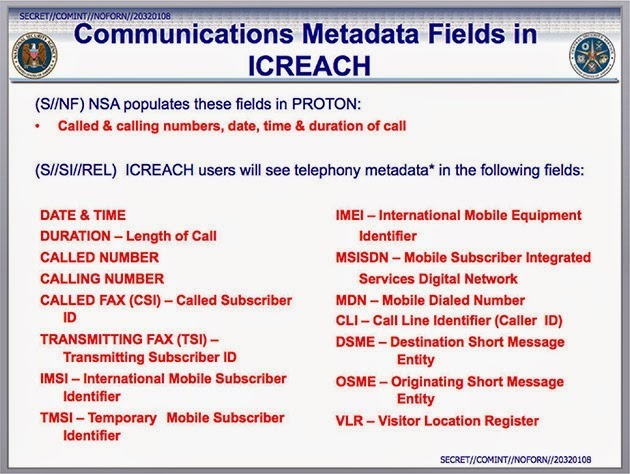
The NSA didn’t just collect data—they sabotaged the tools designed to protect it. Snowden showed the NSA spent billions weakening encryption standards.
• They built backdoors into widely used systems.
• They strong-armed companies into making their products vulnerable.
• They hoarded zero-day exploits—leaving systems open to attack.
What did this achieve? Everyone—not just terrorists—was less secure. Hackers, foreign governments, and criminals could exploit the same backdoors.
The NSA undermined global security to maintain their power. They prioritized surveillance over the safety of billions of people.
• They built backdoors into widely used systems.
• They strong-armed companies into making their products vulnerable.
• They hoarded zero-day exploits—leaving systems open to attack.
What did this achieve? Everyone—not just terrorists—was less secure. Hackers, foreign governments, and criminals could exploit the same backdoors.
The NSA undermined global security to maintain their power. They prioritized surveillance over the safety of billions of people.
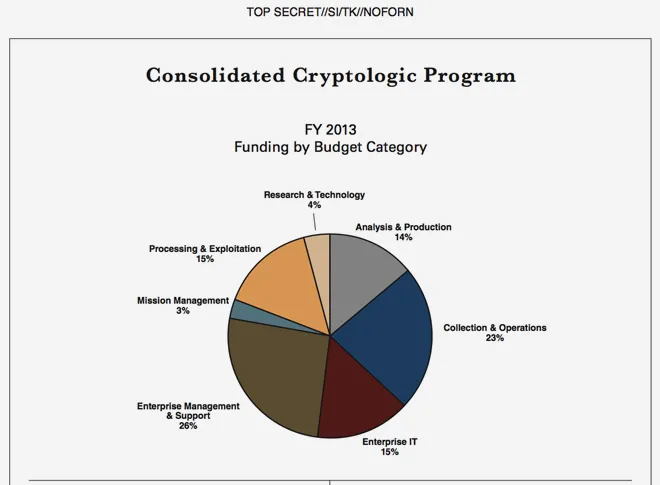
Even the NSA’s own employees misused their surveillance tools. Snowden exposed LOVEINT—employees spying on their romantic partners.
• Ex-boyfriends checking texts.
• Wives snooping on husbands’ calls.
• People abusing tools meant for “national security” to satisfy personal curiosity.
If NSA employees abused this power for petty jealousy, imagine what those at the top could do.
• Ex-boyfriends checking texts.
• Wives snooping on husbands’ calls.
• People abusing tools meant for “national security” to satisfy personal curiosity.
If NSA employees abused this power for petty jealousy, imagine what those at the top could do.
Ever wonder how much data the NSA really collects? Snowden revealed Boundless Informant, a tool that mapped the NSA’s surveillance efforts worldwide.
• Countries were color-coded by the amount of data collected.
• Billions of records were gathered per month.
The heat maps showed where the NSA focused their dragnet:
• The Middle East was glowing red.
• Germany—an ally—ranked as one of the most surveilled nations.
This was the smoking gun: the NSA didn’t target “bad guys.” They surveilled entire nations indiscriminately.
• Countries were color-coded by the amount of data collected.
• Billions of records were gathered per month.
The heat maps showed where the NSA focused their dragnet:
• The Middle East was glowing red.
• Germany—an ally—ranked as one of the most surveilled nations.
This was the smoking gun: the NSA didn’t target “bad guys.” They surveilled entire nations indiscriminately.
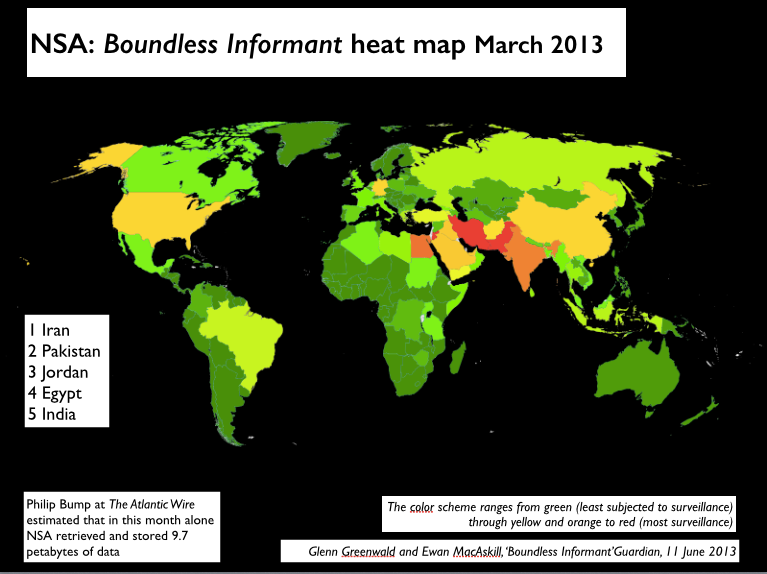
Snowden exposed how the NSA tapped undersea fiber-optic cables—the pipelines that carry global internet traffic.
• These cables connect continents, transmitting billions of communications every day.
• The NSA installed taps on these cables to intercept massive amounts of data—emails, calls, videos, everything.
The internet is global, but these cables are vulnerable. The NSA exploited this fact to turn the internet into a surveillance network.
When you sent an email from New York to London, the NSA caught it in transit. They didn’t need your cooperation—they just tapped the backbone of the internet.
• These cables connect continents, transmitting billions of communications every day.
• The NSA installed taps on these cables to intercept massive amounts of data—emails, calls, videos, everything.
The internet is global, but these cables are vulnerable. The NSA exploited this fact to turn the internet into a surveillance network.
When you sent an email from New York to London, the NSA caught it in transit. They didn’t need your cooperation—they just tapped the backbone of the internet.
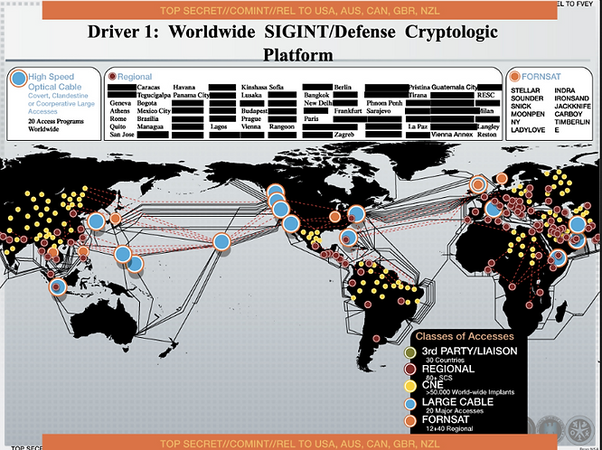
Snowden showed the NSA didn’t just spy on enemies—they spied on allies.
• German Chancellor Angela Merkel’s private phone calls were tapped.
• Brazil’s President Dilma Rousseff was targeted.
• France, Mexico, Japan—no one was safe.
This was about power—economic, political, and diplomatic. The US government was listening to its friends to gain leverage.
It caused massive international fallout. Merkel said, “Spying among friends is unacceptable.” Snowden showed the US was willing to burn alliances for surveillance.
• German Chancellor Angela Merkel’s private phone calls were tapped.
• Brazil’s President Dilma Rousseff was targeted.
• France, Mexico, Japan—no one was safe.
This was about power—economic, political, and diplomatic. The US government was listening to its friends to gain leverage.
It caused massive international fallout. Merkel said, “Spying among friends is unacceptable.” Snowden showed the US was willing to burn alliances for surveillance.
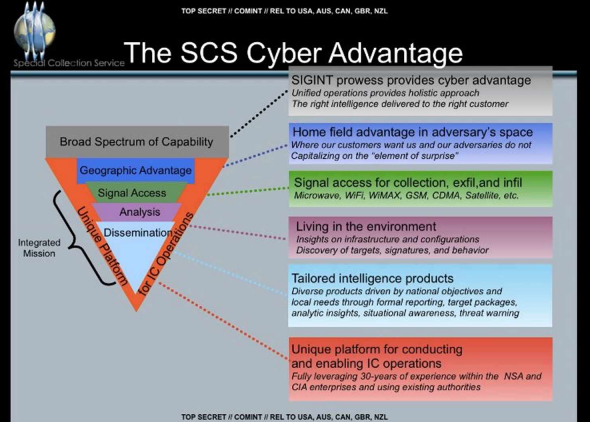
What Snowden revealed wasn’t a few rogue programs. It was a system—a surveillance apparatus with global reach, no oversight, and no accountability.
• They spied on citizens.
• They hacked companies.
• They betrayed allies.
• They weakened security for everyone.
Snowden sacrificed his freedom to show us the truth: the government lied. The surveillance state is real.
And for telling us, they called him a traitor.
• They spied on citizens.
• They hacked companies.
• They betrayed allies.
• They weakened security for everyone.
Snowden sacrificed his freedom to show us the truth: the government lied. The surveillance state is real.
And for telling us, they called him a traitor.
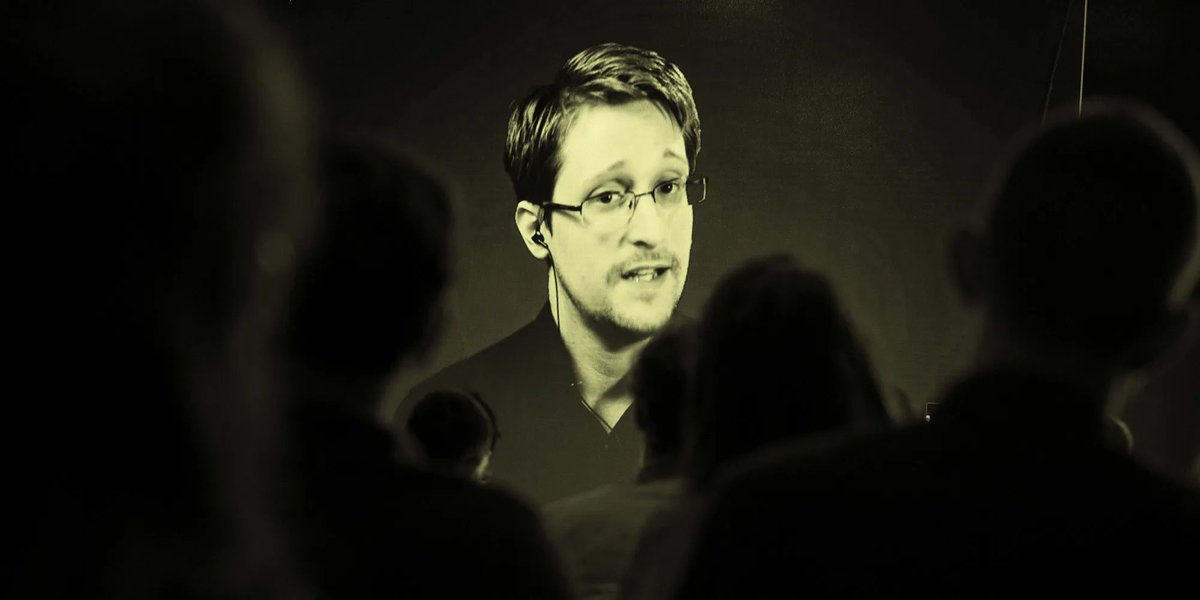
Edward Snowden didn’t weaken America—he exposed the rot within. He revealed a government that betrayed its people, its allies, and its founding principles.
Snowden is a whistleblower. A hero.
Trump should pardon him. History will judge him rightly—as a man who chose truth over obedience.
Snowden is a whistleblower. A hero.
Trump should pardon him. History will judge him rightly—as a man who chose truth over obedience.
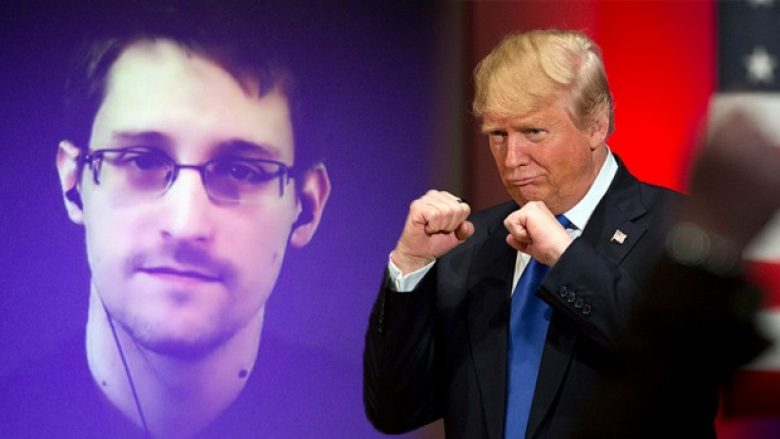
• • •
Missing some Tweet in this thread? You can try to
force a refresh















